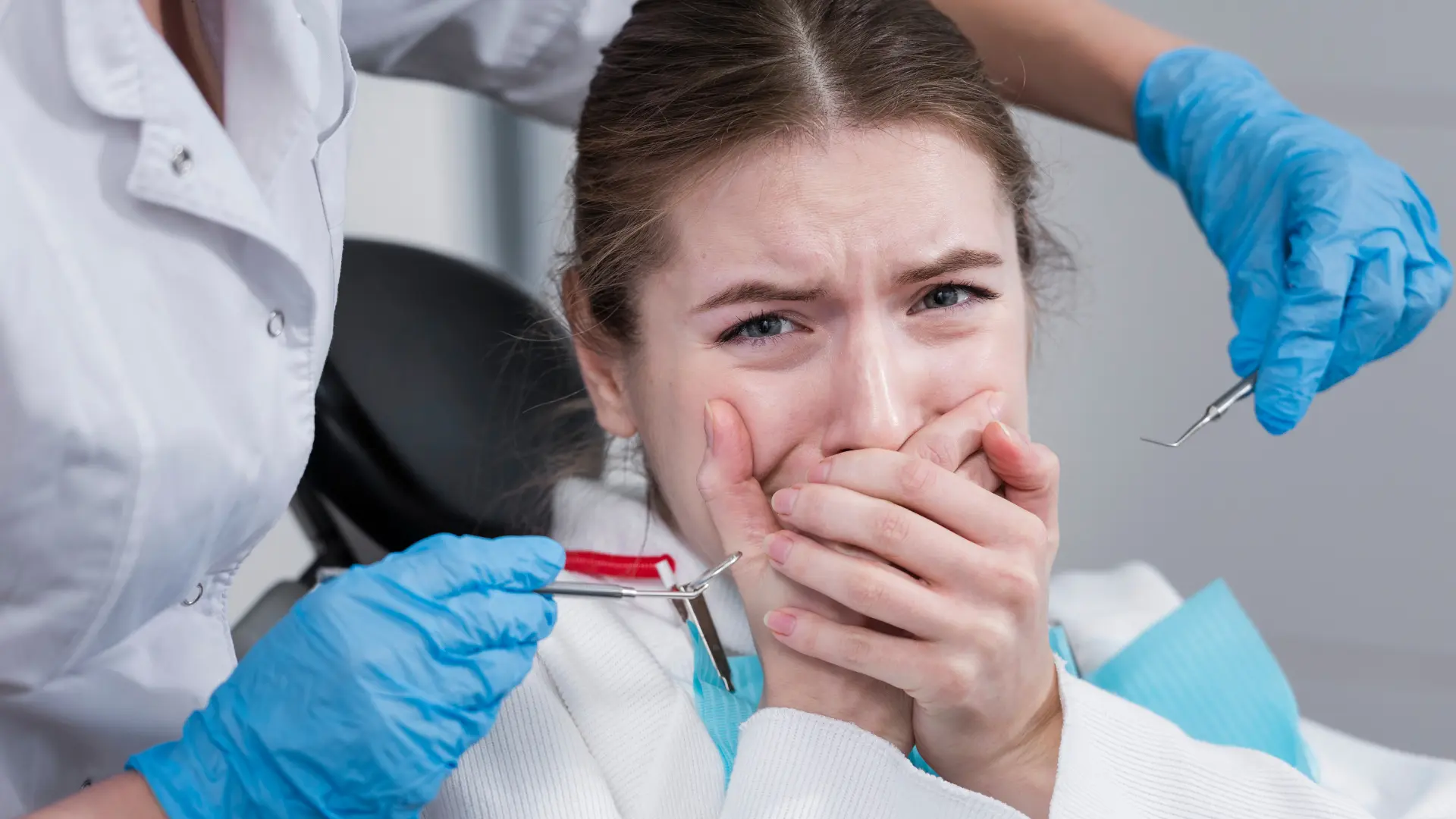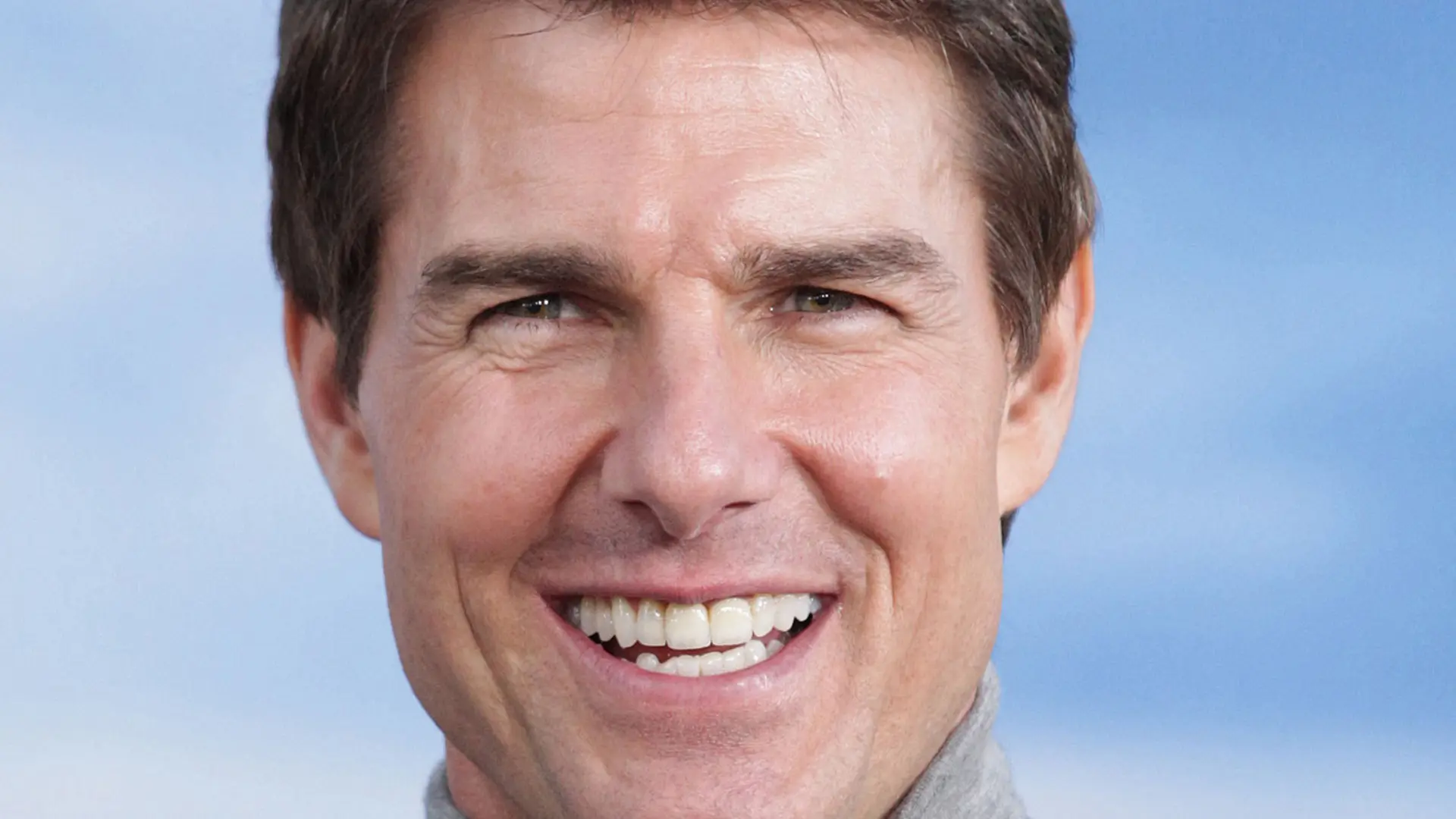Make sure you read the first version of this blog. It will help you learn more about the tricks of how to maintain a fit body and healthy weight after bariatric surgery. In today’s blog, we will be examining this topic of post operative weight gain.
Causes of Weight Gain After Bariatric Surgery
The sleeve gastrectomy, often known as gastric sleeve surgery, is a popular and successful laparoscopic bariatric procedure. It is less expensive than gastric bypass, outperforms gastric bands and balloons, and has been shown to help with long-term weight loss. Nonetheless, some patients have experienced weight gain after such surgeries, sparking debate, especially since weight loss was the primary reason they sought the procedure.
Bad Diet and Eating Habits:
Individuals who have undergone gastric surgery must maintain appropriate eating habits thereafter. Failure to make healthful food choices and follow proper eating habits might lead to weight gain. This could include eating calorie-dense, low-nutrient foods or returning to pre-surgery eating habits that undermine the targeted weight loss.
Stretching after a gastric surgery:
One possible reason of weight gain after bariatric surgery is stomach stretching over time. While the procedure initially limits stomach capacity, certain behaviors, such as overeating or continuously taking big meals, might cause the stomach to extend over time. This increased capability may lead to the consumption of additional calories, impeding weight control efforts.
The Role of Dietary Habits in Post-Gastric Weight Gain
Exploring the impact of dietary practices on weight gain after bariatric procedure is a subject that captivates the attention of many individuals. Post-gastric surgery, adherence to a well-defined dietary regimen is crucial during the recovery phase. Initially, this may entail the consumption of exclusively clear liquids, with a gradual incorporation of other foods over time. The dietary guidelines prescribed both before and after the surgery are highly specific, designed to facilitate recovery and mitigate potential complications.
As the post-surgery period advances, the dietary focus transitions to the cultivation of healthy eating habits. This gradual shift aims to empower individuals to not only continue shedding excess weight but also to establish sustainable habits that contribute to maintaining a healthy weight throughout their lifetime.
Stretching after a Gastric Sleeve: a Reality That Can Be Avoided?
Restoring your stomach to its original size after gastric sleeve surgery is deemed impossible. Yet, there exists a potential for mild, permanent stomach stretching if consistent overeating habits are maintained. The likelihood of such stretching occurring can be substantially minimized through the adoption of proper surgical techniques and the cultivation of healthy habits in the aftermath of surgery.
It is imperative to recognize that the stomach possesses a natural capacity for some degree of stretching. The bariatric surgery process involves the removal of the most stretchable portion of the stomach, ensuring that post-surgery, the stomach’s capacity is significantly reduced. This reduction is a key factor in promoting effective weight control.

Exercise and Weight Management: The Dynamic Link
Physical activity assumes a crucial role in the weight loss journey when coupled with a nutritious diet and adjustments in behavior. The fundamental principle of weight loss lies in the balance between expended and consumed calories. Engaging in exercise becomes an effective strategy to augment the number of calories burned in this equation. It’s worth noting that all pounds are not equivalent; exercise contributes to muscle development, and since muscle is denser than fat, the result may be a reduction in inches even if there’s no noticeable weight loss.
Psychological Factors Related to Weight Gain After Gastric Sleeve Surgery
Numerous individuals tend to overlook the substantial impact of psychological elements on their efforts to manage weight following surgery. Emotional eating, stress, and insufficient support all play roles in the potential weight gain post-sleeve surgery. A research study identified depression and binge eating disorder as the prevailing mental health conditions among those pursuing bariatric surgery. It becomes imperative to actively confront these emotional challenges and cultivate more adaptive coping mechanisms to thwart the possibility of weight regain.
Follow-Up Care in Managing Weight After Gastric Sleeve
Post-gastric sleeve surgery, ongoing care is pivotal for achieving and maintaining successful weight management. Research indicates that adhering to current clinical recommendations involves incorporating nutritional and weight monitoring within primary care settings once patients transition from specialized bariatric care.
Consistent follow-up care is essential to address issues such as concerns about excessive weight loss following gastric sleeve surgery. It also enables the monitoring and adjustment of dietary plans, ensuring a balanced and healthy weight in the aftermath of the procedure.
Managing Weight Regain after Gastric Sleeve Surgery
Patients frequently express concerns about regaining weight following gastric sleeve surgery. The primary cause of this regain is frequently stomach expansion as a result of poor dietary choices, which allows for greater food intake and subsequent weight gain.
To prevent weight gain, it is critical to see your doctor on a regular basis and live a healthy lifestyle. Incorporating fiber- fruits and vegetables, avoiding high-fat, sugary, and salty foods, and getting enough hydration and sleep can help prevent weight gain.
For those dealing with weight regain, alternatives include changing their diet and lifestyle, getting additional support, discussing medication with a healthcare practitioner, or investigating the possibility of revision surgery.










